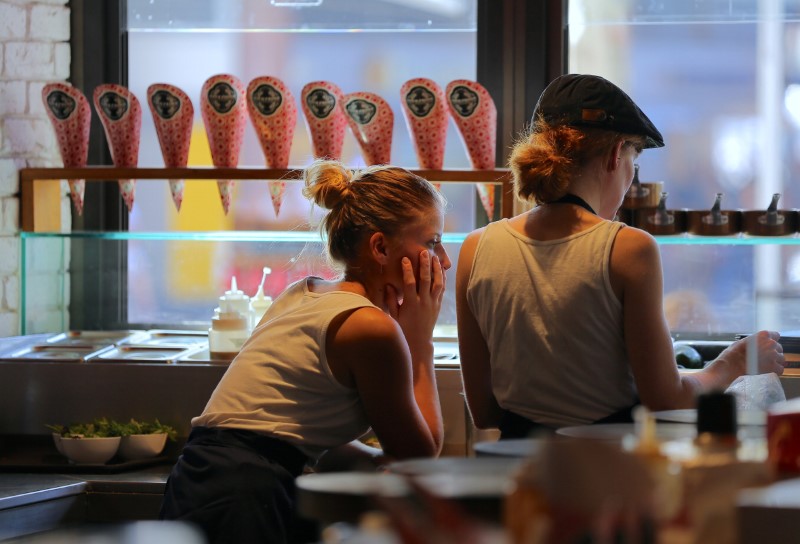Cobalt Blue Holdings Ltd (ASX:COB, OTC:CBBHF) is racing forward with plans to establish Australia's first cobalt-nickel refinery, which would be a significant step ahead in the global race to supply responsibly sourced battery metals and meet rapidly growing demand.
The refinery, which is proposed for a site owned by potential partner Iwatani Corporation in the Western Australian industrial and port stronghold of Kwinana, south of Perth, would position the company as a major player and establish Australia at the forefront of the critical battery metals sector.
Critical minerals
With a focus on mid-stream processing of responsibly sourced feedstock from mines in Australia and overseas, the refinery aims to produce battery-grade cobalt sulphate and nickel.
Both elements are essential to lithium-ion batteries that are powering the growing market for Electric Vehicles (EVs) and Energy Storage Systems (ESS).
Project milestones
Cobalt Blue has recently passed a number of important milestones as it drives the refinery project closer to a commercial decision. These include:
- Successful large-scale sample processing;
- Offtake partners show interest;
- Potential partnership;
- Detailed engineering design underway; and
- Permitting process on-track.
“Surging demand”
"The rapid progress being made on the refinery project is extremely positive and we are confidently on track to make a decision on construction in coming months,” said Cobalt Blue CEO Joe Kaderavek.
“This timeline positions us to capitalise on the immediate and ongoing surging demand for battery storage and will solidify Australia’s role as a key player in the Clean Energy Transition.”
Applying the company's technology at the Broken Hill Demonstration Plant, Cobalt Blue has successfully processed large-scale feedstock samples.
This important step illustrates future commercial-scale operations and validates the effectiveness of the company’s technology and extraction processes.
Potential partners
These large-scale samples are now being evaluated by potential offtake partners, signifying strong early interest in the high-quality cobalt being produced and paving the way for possible future partnerships and commercial agreements.
One of the potential partners is Iwatani Corporation, a Japanese multinational trading corporation which would bring valuable expertise and global connections to the refinery project as Iwatani is an established large-scale trader of battery minerals into the important Japanese and US supply chains.
This potential partnership is already at the starting gate with Iwatani being the landowner of the proposed refinery site in the Kwinana Industrial area. Cobalt Blue will operate the proposed refinery.
The permitting process is on schedule for submission by mid-2024 while detailed engineering design for the proposed refinery is underway with this being a critical stage that lays the groundwork for future construction.
Decision by September
With all workstreams progressing according to schedule, Cobalt Blue expects to make a decision to proceed to construction by September this year.
The Cobalt-Nickel Refinery plan coincides with the considerable momentum generated by the United States Inflation Reduction Act (IRA) and European Union Critical Raw Materials Act (CRMA), which represent significant legislative shifts towards sustainable and ethical sourcing of critical minerals for clean energy technologies.
These Acts incentivise responsible mining and refining operations within Allied Nations, including Australia, aiming to reduce reliance on countries with poor environmental, social and ethical records.
Responsible sourcing
Cobalt Blue’s proposed Cobalt-Nickel Refinery aims to prioritise responsible sourcing practices, ensuring production of metals meets the stringent requirements of both the IRA and CRMA.
This positions Cobalt Blue as a future global leader and aligns Australian supply with growing demand for responsibly sourced battery metals.
“Our refinery aims to put Australia in the box seat for the Clean Energy Transition," said Kaderavek. "This will create economic opportunity and a new wave of jobs in the battery metal supply chain.
“We are actively seeking support from governments and commercial partners to bring this industry-changing capability to Australia."
